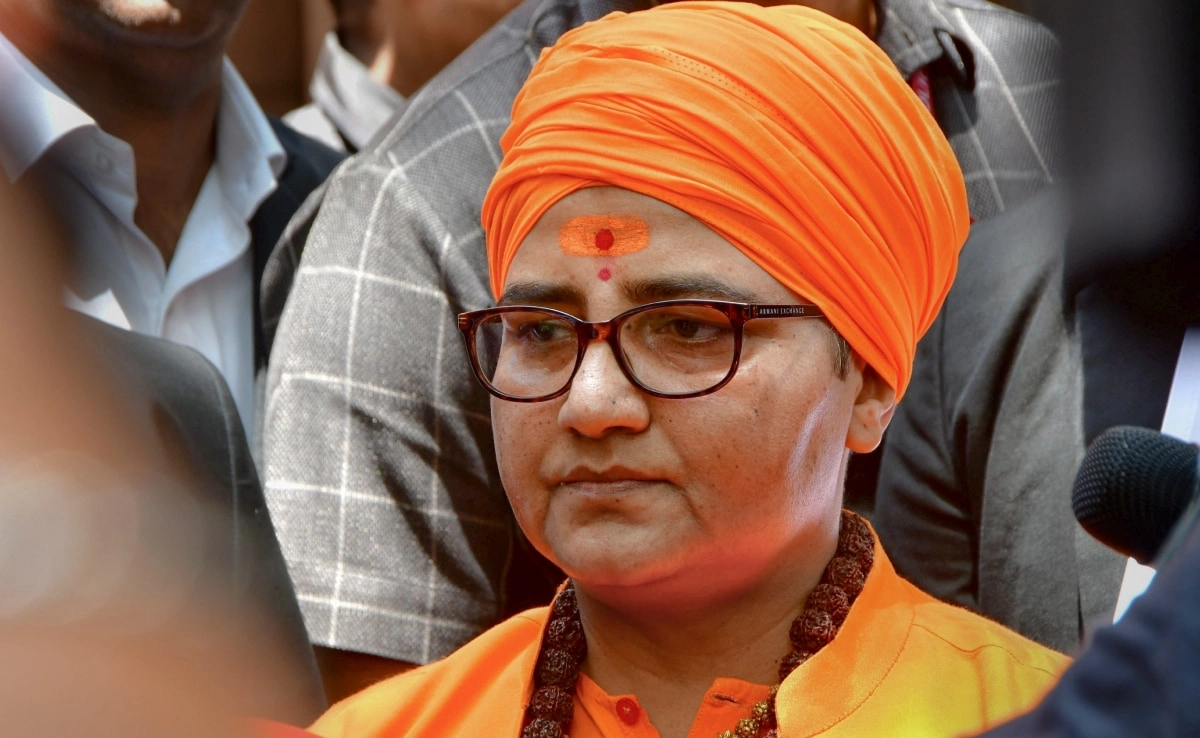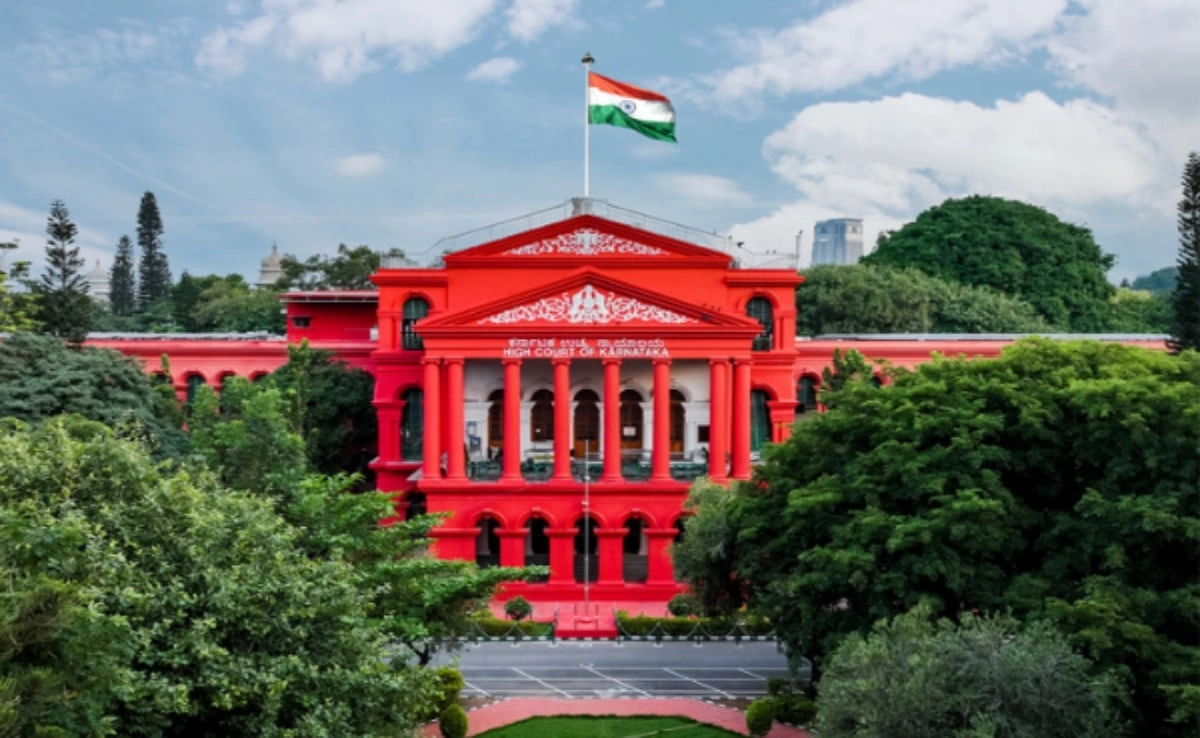Pragya Thakur, a prominent political figure and member of the Bharatiya Janata Party (BJP), has made headlines recently with her remarks concerning the Malegaon blast case. In a striking statement, she claimed that she was coerced into taking Prime Minister Narendra Modi’s name during the investigations related to the incident. The Malegaon blast, which occurred in 2006, was a significant event that led to the loss of lives and raised numerous questions about terrorism and its implications in India. Thakur’s comments have reignited discussions about the legal and political ramifications surrounding the case, particularly in relation to how individuals navigate the complexities of law enforcement and political pressure.
Thakur’s assertion raises concerns about the integrity of the investigative processes that were employed in the case. By alleging coercion, she suggests that the authorities may have exerted undue influence on her testimony, potentially undermining the credibility of the judicial proceedings. This situation spotlights the broader issues of political influence in legal matters and the pressure that individuals may face when entangled in high-profile cases. Her comments also reflect the contentious atmosphere surrounding the Malegaon case, which has been a focal point for various narratives about terrorism, communal tensions, and the role of political figures in influencing judicial outcomes.
The implications of Thakur’s claims are manifold. They not only challenge the narrative surrounding the Malegaon blast but also question the motives behind the investigations and the actions of law enforcement agencies. Furthermore, as a member of the ruling party, her statements could impact public perception of both her and Prime Minister Modi, raising questions about accountability and governance. The discourse surrounding her comments may also lead to renewed scrutiny of the legal framework that governs such cases, prompting discussions on how justice can be achieved without political interference. As these events unfold, they will likely capture the attention of both the media and the public, highlighting the intersection of politics, law, and individual rights in contemporary India.




